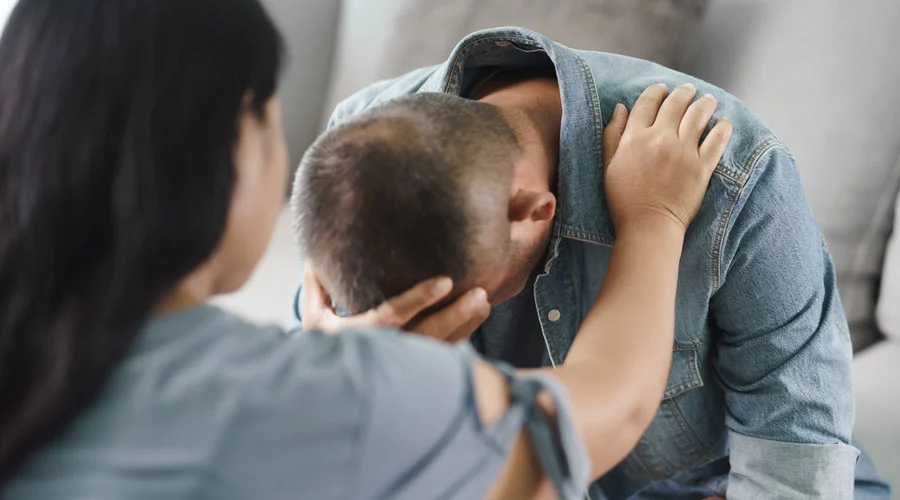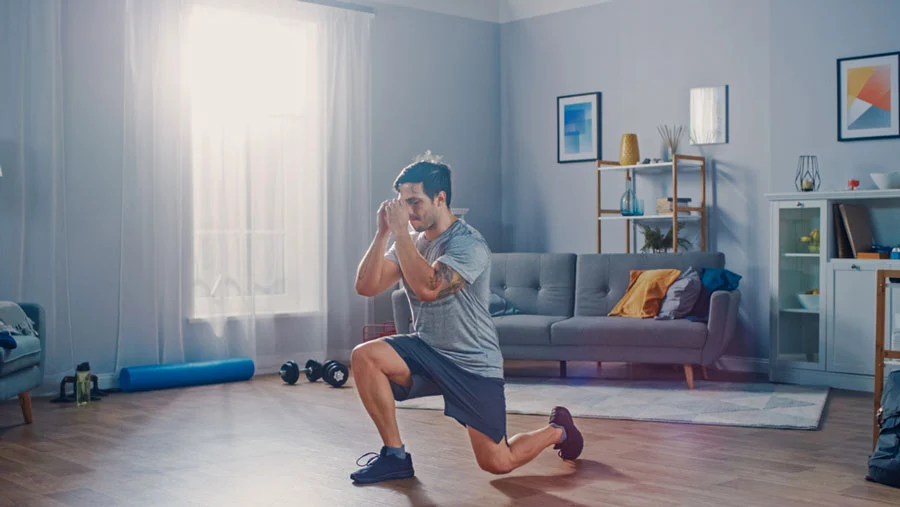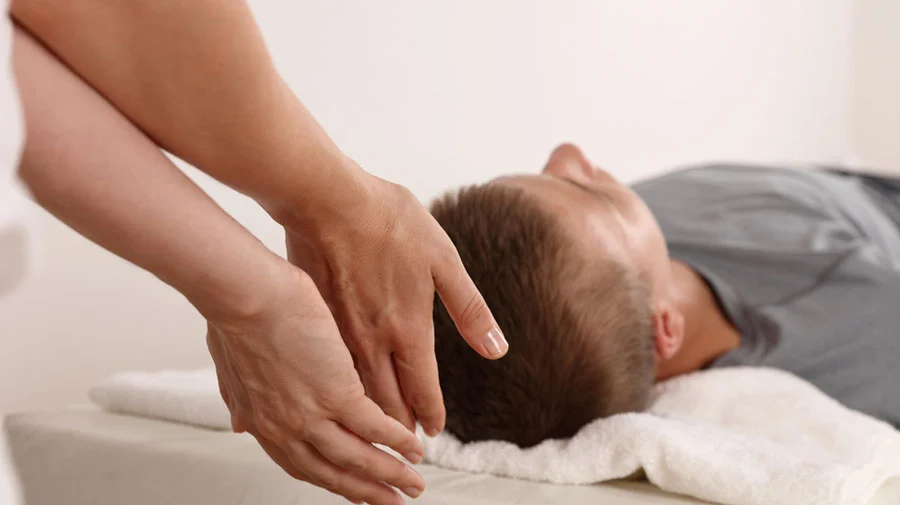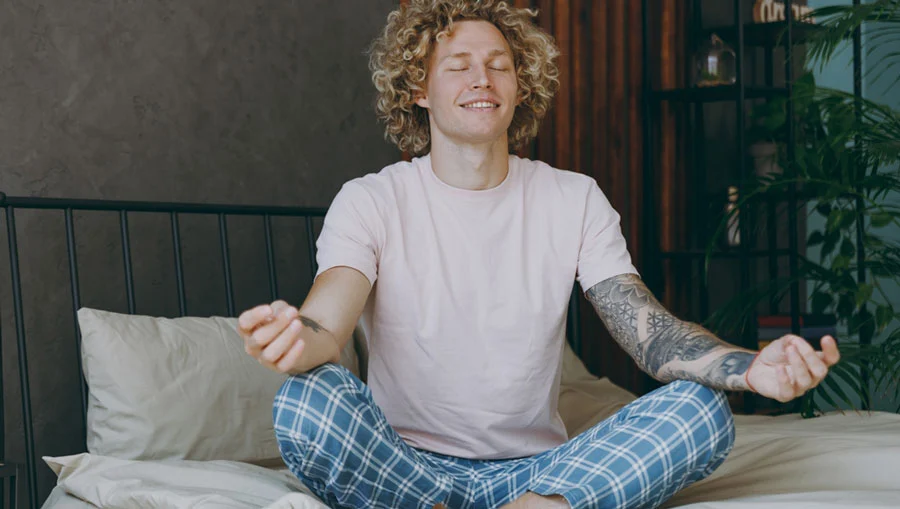What are the Best Ways to Stop Drug Abuse?
As the US is in the midst of an addiction epidemic, many are getting desperate to know how to prevent drug abuse from happening to themselves and their loved ones.
Drugs and alcohol are everywhere in American society and even glamorized by the media. According to the National Institute on Drug Abuse (NIDA), 20.4 million people were diagnosed with a substance use disorder in the past year. Drug and alcohol abuse can be deadly and have many consequences.
If you or a loved one is at risk of dangerous drug use, you need to know what to do to stay safe. Keep reading to learn more about how to stop drug abuse and how South Shores Detox and Recovery can help you and your loved ones live balanced.
Substance Abuse Risk Factors
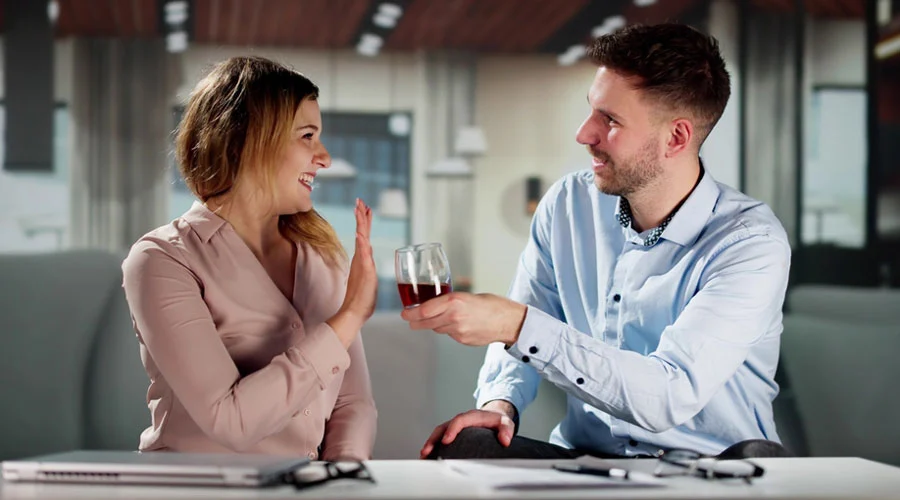
Drug abuse prevention starts with knowledge. By knowing the common risk factors that lead people to drug use in the first place you can avoid substance use and overall wellness.
There are many factors that can put someone at risk of abusing and becoming addicted to harmful substances including:
Genetic Factors
Those with a family history of addiction and mental health issues will be at higher risk of developing those issues themselves. Certain genes can increase your chances of developing a substance use disorder.
Being around close family members who abuse drugs or alcohol can also make you want to try addictive substances yourself. But with knowledge of your family history and genetic risk factors, you can make healthier choices and not follow in their footsteps.
Environmental Factors
Certain environmental factors can cause individuals to start drinking and using other drugs. In this case, risk factors can include a dysfunctional home environment or a stressful work/school environment.
Living in or frequenting an area with higher substance abuse rates can also desensitize you to the dangers of illegal drugs and increase your chances of trying dangerous substances.
Social Factors
Having negative social influences and interactions can increase a person’s chances of trying illegal drugs and alcohol. It’s hard to choose good friends and many people don’t have a good example of what healthy relationships look like.
Unfortunately, the peer pressure that comes with hanging with the wrong crowd can get you into trouble including substance abuse and addiction.
A lack of positive influences can have a big impact on your physical and emotional well-being. That’s why it’s so important to know how to cultivate and nurture healthy relationships when being your best self.
Mental Health Disorders
One of the biggest risks a person can have when it comes to addiction is if they have an undiagnosed or untreated mental illness. Conditions like depression, anxiety, post-traumatic stress disorder, and others can cause a lot of emotional pain.
Some people may be prescribed medication to help with their mental health symptoms. Over time they can become dependent on those prescription drugs especially if they are not using them as directed.
Others will self-medicate with drugs and alcohol when they’re feeling down. Unfortunately, self-medication is just a temporary fix and one that can have serious mental and physical health consequences including a high risk of addiction.
4 Ways to Stop Drug Abuse
Now that you know the psychological and physical risk factors for drug abuse you can learn how to prevent substance abuse. This will help you plan proactively for yourself and support your loved ones who are at risk of risky behavior.
Here are the best ways to prevent substance abuse:
1) Find Healthy Coping Mechanisms
Healthy coping mechanisms are strategies that help you manage difficult emotions and stressful situations in a way that’s productive and good for your mental and physical health. Finding effective and sustainable coping mechanisms for the stress of daily life is not just a way of avoiding drug abuse but an overall better life.
Contingency management and gifts for a loved one in sobriety can also help encourage a substance-free lifestyle.
Some healthy coping skills you can use in your daily life:
- Relaxation techniques: These can help calm your body and mind and reduce stress. Examples include deep breathing, meditation, yoga, and progressive muscle relaxation.
- Physical activity: Exercise is a great way to relieve stress and improve your mood. You should aim to get at least 30 minutes of moderate exercise most days of the week.
- Social support: Spending time with loved ones can make you feel connected and supported which can help with stress. Talk to friends, family or a therapist about what you’re going through.
- Problem-solving: Sometimes the best way to cope with a stressful situation is to tackle the problem head-on. Break it down into smaller steps and make a plan for each step.
- Positive thinking: Focus on the good things in your life and try to see the silver lining in difficult situations. This will help you stay motivated.
- Self-care: Make time for things you enjoy and that make you feel good. This could be reading, listening to music, spending time in nature or getting a massage.
2) Put Yourself First
Putting yourself first means taking care of your own needs and well-being even when it means saying no to others or doing things you don’t necessarily want to do. It’s not selfish it’s essential for your overall health and happiness.
Some simple ways to start putting yourself first:
- Learn to say no: This is one of the most important things you can do for yourself. If you’re constantly saying yes to things you don’t want to do you’re not giving yourself enough time and energy to take care of your own needs.
- Setting boundaries: Let people know what you’re comfortable with and what you’re not. This could mean setting limits on your time, your energy or your emotions.
- Taking care of your physical health: This means eating healthy food, getting enough sleep and exercising regularly. When you take care of your physical health you’re better able to take care of your emotional and mental health.
- Doing things you enjoy: Make time for things that make you happy and fulfilled. This could be reading, spending time in nature or taking a dance class.
- Be kind to yourself: Treat yourself with the same kindness and understanding you would a friend. Forgive yourself for your mistakes and give yourself credit for your achievements.
3) Cultivate Healthy Relationships
When we have healthy and supportive relationships in our lives we are less likely to engage in self-destructive habits. Learning how to cultivate better relationships can help someone struggling to stop self-medicating.
To do this you need to take time to get to know yourself first. The more you know yourself the better you will be able to communicate your needs and boundaries to others. This will help you build relationships based on mutual respect and understanding.
You also need to set boundaries in your relationships. This means letting your loved ones know what you’re comfortable with and what you’re not. For example, you may want to set boundaries around physical touch, emotional intimacy, or time commitments.
4) Know Your Risk Factors
As mentioned above there are several risk factors that can make you more likely to fall into addictive patterns of behavior. Knowing what risks and signs to look out for in yourself will help you avoid activities that may trigger those risk factors.
For example, if you have a family history of addiction looking into preventative measures can help you avoid falling into those habits yourself. Or if you’re struggling with a mental illness you can get the support you need to manage your symptoms in a healthy way.
The Most Common Signs of Drug Addiction
When learning how to stop self-medicating it’s just as important to be able to recognise when someone may already be addicted. It can be hard to admit you or a loved one is struggling with substance abuse but doing so will allow you to get help finally.
Some of the common signs someone is addicted to a drug or alcohol are:
- Building a tolerance or needing to use more to get the same effect.
- Spending more time and money on acquiring, using or recovering from substance use.
- Having issues at home, work or school due to substance use.
- Having issues in relationships or isolating yourself because of substance use.
- Worsening or developing new medical and mental health issues due to substance use.
- Getting into legal and financial trouble due to substance use.
- Experiencing withdrawal symptoms when not using or reducing the amount of the substance.
These are just a few of the signs to look out for if you or someone else is addicted. If you see any of these in yourself or a loved one get help. With the right tools and support, recovery is possible.
How to Stop Self Medicating
Addiction is a disease and like any other chronic condition, it will need extensive support and treatment to be managed. There are many ways to recover from a substance use disorder.
Many people want to try to overcome an addiction on their own but this is often not effective and can be dangerous. When it comes to beating addiction the best thing you can do is attend a professional treatment program.
Why Seek Professional Treatment
Going to rehab can seem scary to many as addiction is still stigmatised today. But getting treatment is the best decision you can make for yourself if you’re struggling with substance abuse.
Addiction is a chronic brain disorder that’s hard to overcome on your own. While some people can stop using substances without professional help many people need the support and guidance of a trained addiction professional.
There are many advantages to getting professional addiction treatment:
- Holistic and tailored care.
- Access to knowledge and resources.
- A recovery environment.
- Better chance of recovery.
- Safer and more comfortable recovery.
At South Shores Detox and Recovery, we provide the framework and care you need to stop self-medicating. Contact one of our team today to find out more about our program.
How to Stop Self-Medicating
Remember recovery is a lifelong process. Fortunately, there are many ways to maintain sobriety long-term. Ways to prevent drug use in recovery include:
Healthy Friendships
Building healthy and positive friendships will help you stay committed to your recovery. Real friends will understand your past and want to help you avoid falling back into old patterns and thinking.
Also participating in recovery support groups like Alcoholics Anonymous and other secular alternatives. This will help you connect with others who have been through similar struggles and understand what you’re going through.
Regardless of what your support network looks like having healthy and positive relationships will help you stay committed to your recovery and be the best version of yourself.
Boundaries
Setting family rules and expectations within your relationships of how you should be treated is key to recovery. This may mean setting boundaries with or avoiding a toxic friend, co-worker or family member.
You can also set boundaries with yourself. What environments, situations, and other triggers should you avoid? How will you handle these situations if they arise? What will you do to hold yourself accountable for your recovery?
Self Care
Taking care of yourself is the best way to improve your overall health. This can be as simple as showering, eating well, getting enough sleep, and doing things you enjoy. Meditation and mindfulness can help you stay positive and focused and manage stress better.
Goals
When you set goals for yourself this is a great way to stay motivated in recovery. This can be building coping mechanisms, finding ways to deal with social anxiety, or setting recovery milestones for yourself.
Contact South Shores Today for Substance Abuse Support
Raising awareness of the dangers of drug use is the first step to getting people to get help. If you or a loved one is struggling with addiction it’s time to start talking to professionals about how to get your life back on track.
At South Shores Detox and Recovery, we can treat all of your substance abuse issues. Ready to get treatment? We can walk you through the recovery process. Contact us now!
Drug Abuse Prevention FAQs
What are the most addictive drugs?
Everyone reacts to certain substances differently and what one person may find addictive may not affect you the same way. With that being said the most addictive drugs are opioids, amphetamines, alcohol, nicotine and barbiturates.
Each of these drugs can cause serious health problems with short and long term use and require extensive treatment to stop using them safely. Our program can treat all of these drug addictions and more.
Can I quit on my own?
It’s always recommended to get professional help when trying to overcome a drug or alcohol addiction. Many substances can cause withdrawal symptoms and intense cravings when you stop using them making it hard to stay sober without support.
Our program at South Shores Detox can help you get sober and stay sober long-term.

